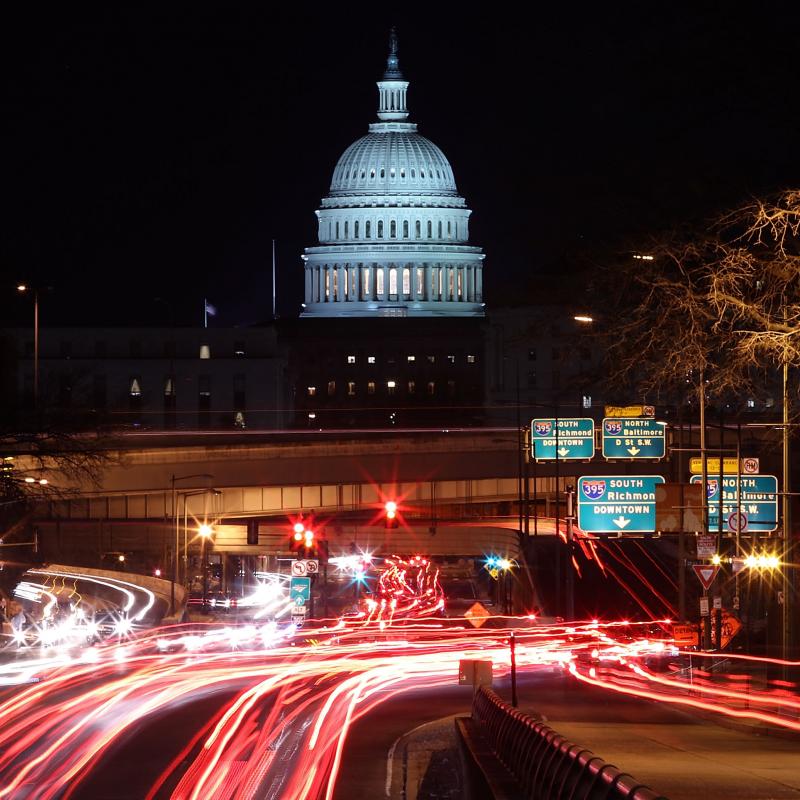
Government & Politics
Select Topics
Select Air Date
Select Segment Types
All Subtopics
- Abortion
- Al Qaida
- Authoritarianism
- Capital Punishment
- Capitalism
- Cheney, Richard B.
- City Planning
- Civil Rights
- Clinton, Hillary Rodham
- Communism
- Conservatism
- Conspiracy Theories
- Constitutional Law
- Corruption
- Coups d'état
- Crime
- Criminal Justice
- Democracy
- Democratic Party
- Dictatorship
- Diplomacy
- Disaster Relief
- Elections
- Energy Policy
- Environmental Policy
- Espionage & Spying
- F.B.I.
- Fire Fighters
- Firearms & Gun Control
- Fiscal Policy
- Foreign Relations
- Freedom of Speech
- Genocide
- Gingrich, Newt
- Guantanamo Bay Detention Camp
- Hill, Anita
- Hoover, J. Edgar (John Edgar), 1895-1972
- Hostages
- Human Rights
- Immigration
- Impeachments
- Imperialism
- International Affairs
- International Relations
- Intervention (International law)
- Iraq & Afganistan Wars
- Irish Republican Army
- IS
- Kennedy, Robert F., 1925-1968
- Law
- Leaks (Disclosure of information)
- Lobbying
- Mafia
- McCain, John, 1936-2018
- McCarthy, Joseph, 1908-1957
- Middle East Conflict
- Military & Armed Forces
- Monarchies
- NASA
- National Endowment for the Arts
- National Security
- National Security Agency (NSA)
- Nationalism
- North Atlantic Treaty Organization (NATO)
- Nuclear Armament
- NYPD
- Palin, Sarah, 1964-
- Police & Policing
- Political Activism
- Political Cartoons
- Political Consultants
- Political Idealogy
- Political Prisoners
- Poverty
- Prisoners of War
- Prisons
- Prostitution
- Protests
- Public Housing
- Putin, Vladimir Vladimirovich, 1952-
- Radicalism
- Refugees
- Regime Change
- Republican National Convention
- Republican Party
- Right-Wing Extremists
- Roosevelt, Eleanor, 1884-1962
- Rumsfeld, Donald, 1932-
- Sex Scandals
- Sexual Harassment
- Snowden, Edward J., 1983-
- Speechwriters
- Surveillance
- Taliban
- Taxation
- Terrorism
- The Kennedys
- Torture
- U.S. Congress
- U.S. Constitution
- U.S. Department of Justice
- U.S. Department of State
- U.S. Federal Communications Commission
- U.S. Food and Drug Administration
-
U.S. Presidency
- Bush, George H.W., 1924-2018
- Bush, George W. (George Walker), 1946-
- Carter, Jimmy, 1924-
- Clinton, Bill, 1946-
- Jefferson, Thomas, 1743-1826
- Johnson, Lyndon B. (Lyndon Baines), 1908-1973
- Kennedy, John F. (John Fitzgerald), 1917-1963
- Lincoln, Abraham, 1809-1865
- Nixon, Richard M. (Richard Milhous), 1913-1994
- Obama, Barack
- Reagan, Ronald
- Roosevelt, Franklin D. (Franklin Delano), 1882-1945
- U.S. Supreme Court
- United Nations
- War
- Weapons of Mass Destruction
- WikiLeaks
- Wilson, Valerie Plame
- World Politics
- Zionism
